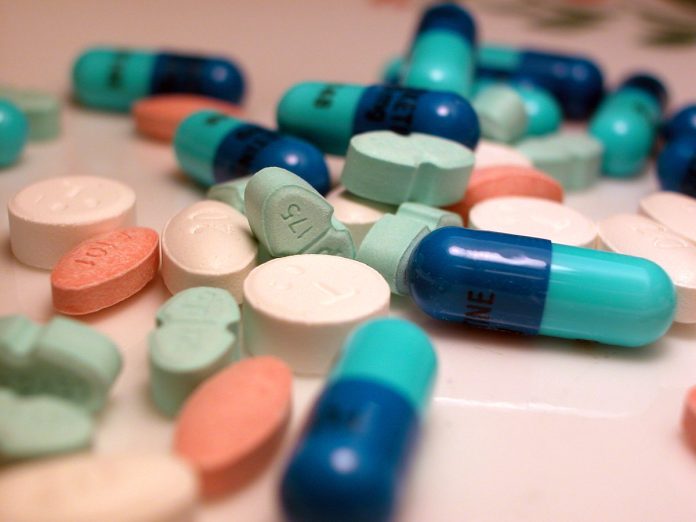The DSM – the Diagnostic and Statistical Manual – is the textbook, one might even call it the bible, of psychiatry and psychology. After watching the presentation below, we might be tempted to rename it the DSFM – Diagnostic Science Fiction Manual. Like the literary genre, there is some science, mixed in with some fiction, and it’s difficult, if not practically impossible, to tell which is which.
Listen to Dr. James Davies describe the origins of this book, now in its fifth iteration, from the original DSM I back in 1952, to the current DSM 5 published in 2013.
To give but one example of its vagaries, in 1973, when the psychiatric profession voted 13-0 also to declare homosexuality no longer a pathology, but a perfectly fine expression of one’s affective proclivities. This was then officially promulgated in the second edition of the Diagnostic and Statistical Manual (DSM-II). Fewer and fewer psychiatrists were thereafter willing to ‘treat’ homosexuality – and now, here in Canada, it’s illegal to do so.
The influential third edition was composed by a committee of nine homogeneous clinicians under the directorship of Dr. Robert Spitzer, who singlehandedly wrote much of the text, as they informally voted (!) on what and what not to include as a ‘disorder’.
While we no longer treat some real disorders, all sorts of new ‘diseases’ have been categorized – intermittent explosive disorder, attention deficit syndrome and so on – many of which are just part of life’s pilgrimage through this post-lapsarian vale of tears.
One of the most deleterious effects of this manual is the over-medicalization of vast swathes of the human populace, the obscene enrichment of the pharmaceutical industry, the stigmatization of those labelled, and the unavailability of other forms of non-psychotropic therapy patients could have received. Millions of patients are put on anti-depressants, including children – which, once taken, are difficult to let go – and untold others on various other psychotropics. All of these themselves have deleterious side-effects, often worse than what they’re purported to treat. We have become a drugged and pliant populace, not much unlike the denizens of Huxley’s Brave New World, supine and somnambulant on their soma.
This is not to say that drug therapies don’t have their time place and benefits, as Dr. Davies points out – but he also persuasively argues that we’ve gone way beyond that.
And all this has lessons for this era of Covid and whatever next scare is on the horizon – there’s billions that have been made, and yet to be made, with genetic and other drug therapies of all stripes.
Anon, more to say, but for now, take a listen, and make up your minds about the toxic co-dependence of pharma and physicians, especially psychiatrists. This would all seem incredible, were it not so, well, credible. I still have trouble believing that the psychiatrists Dr. Davies interviewed, including Dr. Robert Spitzer himself, were so open and forthright about the fraught, and deeply compromised, nature of his profession. Their successors are not so.












